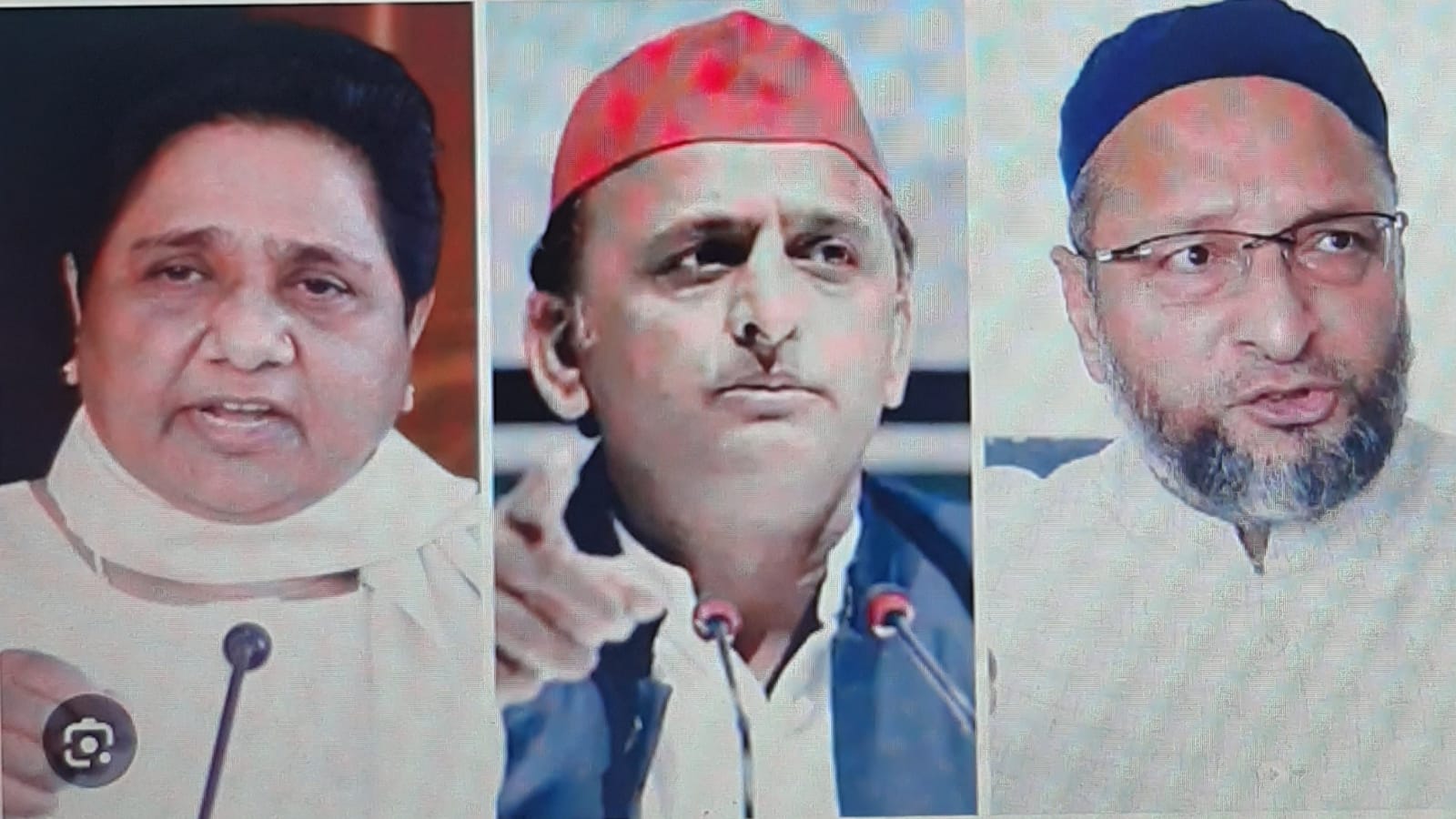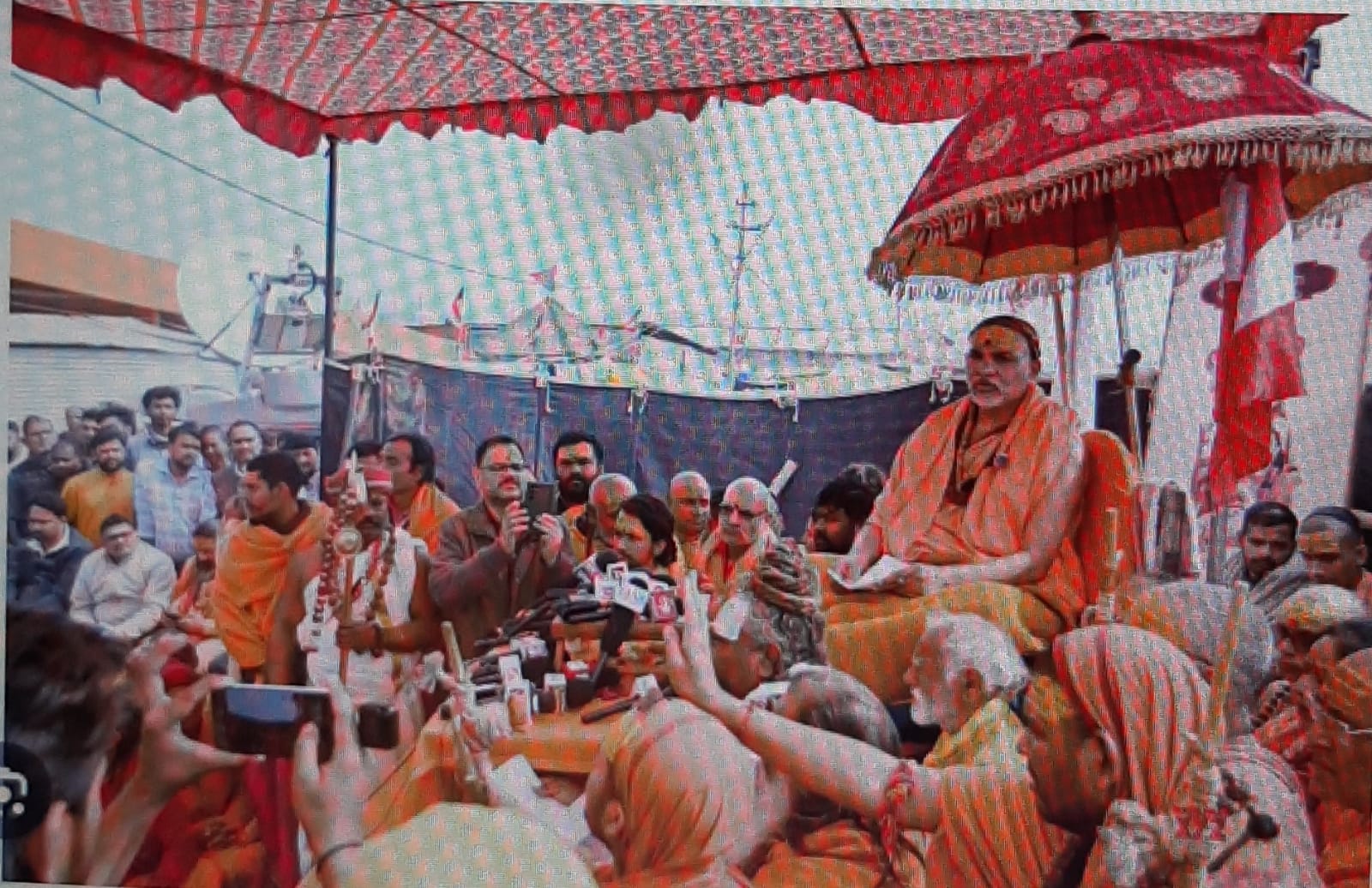
Whether horses are deemed athletes or equipment might come down to practicality rather than philosophy. But one thing’s certain: no matter how this debate plays out, the horses themselves couldn’t care less, writes Dr. Kanishka Pandey
It’s not every day that a courtroom becomes an arena for existential questions, but leave it to the Delhi High Court to lasso itself into a debate that’s equal parts absurd and fascinating: Are horses in equestrian sports athletes or just fancy equipment?
The dispute, fueled by the Rajasthan Equestrian Association, isn’t just a matter of semantics—it’s a power struggle over voting rights, reimbursements, and, dare we say, equestrian supremacy. But let’s saddle up and break down this curious conundrum.
The Federation’s Take: Horses as Athletes
The Equestrian Federation of India (EFI) trots in with a heartfelt argument: horses are athletes, full stop. Why? Well, apparently, horses are not just living beings but moody, demanding divas that put human athletes to shame.
- They require an athlete’s lifestyle: They need tailored diets, water breaks, massages, and regular exercise. Unlike bats or rackets, you can’t shove them in a garage and call it a day. They even demand medical check-ups—imagine a javelin insisting on a routine X-ray!
- They possess passports. Yes, you read that right. Horses need official travel documents to compete internationally, complete with visa stamps. If that doesn’t scream “star athlete,” what does?
- They have minds of their own. Unlike an F1 car that dutifully follows its driver’s commands, a horse can refuse to jump a fence because it saw something mildly upsetting—like a butterfly. Or, worse, because it simply isn’t in the mood.
The EFI essentially argues that if unpredictability, care requirements, and emotional quirks are what make an athlete, then horses should qualify without question. After all, they’re not soulless pieces of metal waiting to be dusted off. They’re moody, grass-powered dynamos with quirks aplenty.
The Rajasthan Association’s Argument: Horses as Equipment
On the other side, the Rajasthan Equestrian Association presents a far less romanticized view: horses are equipment—nothing more, nothing less. Their reasoning is blunt:
- Horses, like boats, bicycles, or rifles, are tools of the trade. Just because they have four legs doesn’t mean they deserve a place on the athlete podium.
- Their costs (transportation, hiring, etc.) are lumped in with boats and cycles under the national sports code. If they’re reimbursed like equipment, why treat them differently?
- No other country in the world considers horses to be athletes. Why is India saddling itself with this odd classification?
Their argument boils down to pragmatism: horses may be beautiful, essential even, but at the end of the day, they’re “assets,” not “athletes.”
The Great Equine Dichotomy
The debate would be comical if it weren’t also bizarrely serious. Equating a horse to a piece of sports equipment raises obvious questions:
- A javelin doesn’t sulk in the middle of a competition.
- A rifle doesn’t refuse to shoot because it feels overworked.
- A football doesn’t roll off the pitch because it’s having an existential crisis.
- And let’s face it, a cricket bat has never demanded a massage, a meal plan, or an emotional support animal.
But horses? Oh, they’re a whole different breed. They stomp their hooves, toss their manes, and sometimes just refuse to cooperate—because why not? A horse doesn’t care if you’re at the Olympics; if it’s not feeling it, good luck convincing it otherwise.
This temperamental streak alone sets them apart from the soulless inanimate objects they’re being compared to. You can’t bribe a javelin with sugar cubes or coax a bicycle into performing better with soothing words.
Are We Heading for Voting Rights for Horses?
For now, the debate hasn’t strayed into the territory of granting horses voting rights in the Equestrian Federation’s elections (mercifully). But at this rate, who knows? Perhaps we’ll soon see horses demanding pensions, maternity leave, and a say in team strategy meetings.
Imagine the chaos of a horse filing a workplace grievance: “The stable wasn’t up to code. I demand better oats and a private masseuse.”
And let’s not even get started on performance bonuses. How would that work? A gold medal at the Asian Games earns an extra carrot, while a poor showing results in fewer sugar cubes?
The Real Question
Beneath all the sarcasm and absurdity lies a deeper question: What does it mean to be an athlete? Is it about physical exertion, skill, and unpredictability? Or is it about autonomy, self-determination, and the ability to consciously train and compete?
Horses blur this line. They’re essential to equestrian sports—arguably more so than their riders—but they lack the agency we typically associate with athletes. Yet calling them “equipment” feels reductive, like reducing a ballet partner to a pair of shoes.
Conclusion: The Saddle of Ambiguity
In the end, whether horses are deemed athletes or equipment might come down to practicality rather than philosophy. But one thing’s certain: no matter how this debate plays out, the horses themselves couldn’t care less.
They’ll continue munching on hay, stomping their hooves, and deciding on a whim whether or not they feel like competing—proving, yet again, that they’re in a league of their own. Athlete? Equipment? Perhaps horses are best classified as what they’ve always been: nature’s most dramatic divas.
(Dr. Kanishka Pandey is Head- Centre for Sports Research, IMT Ghaziabad)









